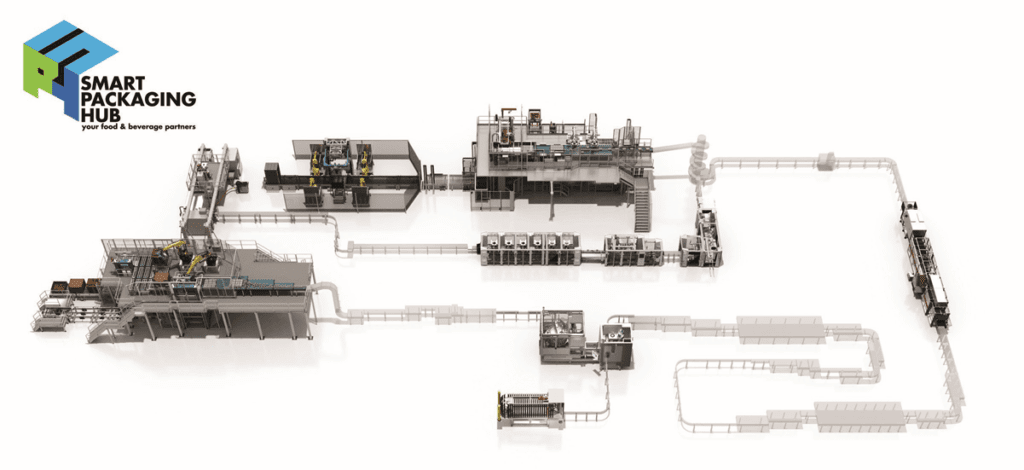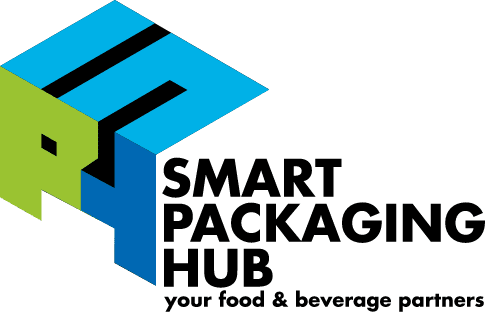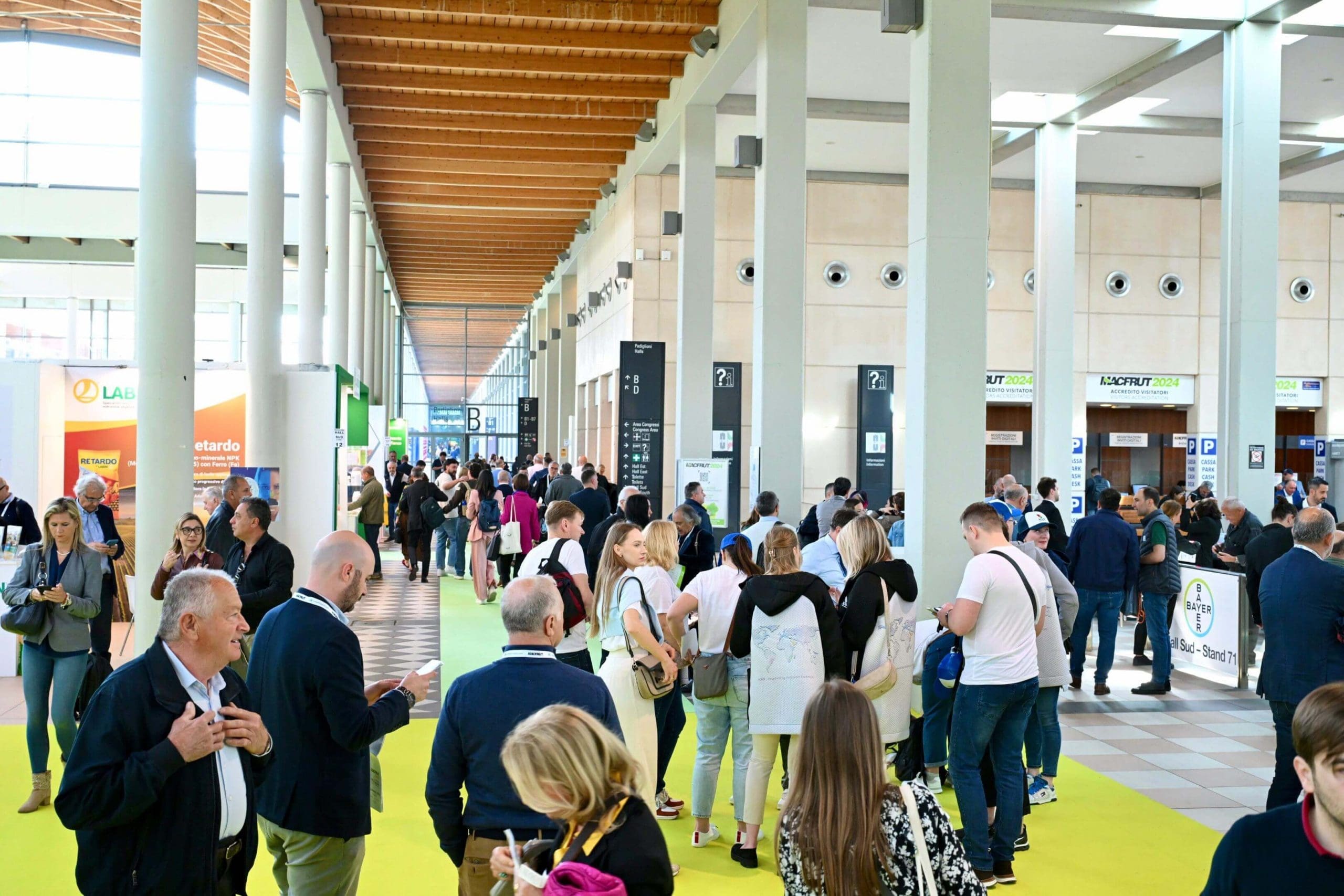The Middle East region is rapidly evolving, especially over the last five years, and is becoming highly influenced by global trends. In fact, the Middle East is rising as one of the fastest-growing markets. While some countries in the region are facing economic instability, the market still offers low taxation compared to the European market.
The Middle East, as an emerging market, is less concerned with specifications and instead is interested more in machine suppliers that offer high standards in terms of people, technology and machine building.

Smart Packaging Hub helps to offer to its customers a complete view of the FMCG packaging trend and combine the flexibilities of our six companies’ solution to accommodate the future market needs.
Together at SPH we support our Partner in Middle East and Gulf Region to make the right choices for their future operation as the investment in packaging machine today means to have that equipment for at least 25 years in the production shop floor, that’s why is so important to make the right decision today!
Clevertech is a proud partner of Smart Packaging Hub, we believe that beside the normal – daily business collaboration that our Companies offer to support common Customers who independently select top quality packaging machines from Italy, we have also from our stand point the duty to read the market, understand future needs and see how to prepare our product line to answer to new packaging trends.
Specifically, each Company of the SPH is a true historical specialist in his proper sector, we see what markets will demand and that’s why it is important to communicate with each other to prepare ourselves to the future remaining in the leading position where actually our Companies are operating.
Middle East and specifically the Gulf Region is becoming for Clevertech a central focus of operation for sales and after sales services of automation for FMCG and can-ends making Companies. Currently we count several of our Partners using our equipment in this region within a span of Countries which start from the Sultanate of Oman, going to Saudi Arabia and then arriving up to Egypt.
Our installations in the region are mainly dedicated to palletizing and pallet stretch wrapping product for home care and personal care, we count several installation in can & ends making Companies also for Aerosol application and lately we installed end of line solution for edible oil Companies who produce also sauce and other liquid food.
As a global supplier, Cama Group knows that there are two primary elements to any successful machine order. Technology and people!
Simply delivering powerful yet easy-to-use machines and helping companies to modernize their infrastructure – especially in emerging and growing markets – is just half the story. Understanding local customs, cultures and business practices is just as vital!
A case in point is a recent project, which saw CAMA deliver three secondary packaging machines to a confectionery manufacturer in Middle East. Cama is fortunate to have a team that has been working with the region for a number of years. “We have a sales and engineering team that is used to the market dynamics and the ways of doing business. I particularly enjoy working in this region, as it is all down to gaining confidence and building close and very open and honest relationships.”
Also Zacmi, part of the Smart Packaging hub can be a key reference for the Middle East market especially for the treatment of rehydrated legumes. Rehydrated legumes are a popular food the world over, delivering simple-to-grow high nutrition in an easy-to-store, -cook and -serve format.
The Italian company ZACMI is an expert in this field, with many successful reference projects, not just in the Middle East region, but all over the world too. Supplying complete turnkey lines and solution – from dry pulses in to seamed cans out, its solutions can cater for all types of legumes, including peas, beans, fava beans and chickpeas.
ZACMI’s complete legume packaging line comprises multiple stages, all of which have been designed and developed specifically for this type of application (according to type, variety and size).
A typical machine flow would include a receiving and dry cleaning systems with pneumatic separator and proper conveying system.
This stage would then feed to an automatic distributing conveyor belt with pneumatic gates, which passes the legumes into a soaking tank (designed to fit line capacity and factory space).
Last but not least also Tosa, part of the SPH has a consolidated presence in the Middle East, a market that has been growing exponentially over the years and where TOSA applied their excellent technical know-how above all in the Food, Beverage and Empty Container sectors, which represent TOSA’s core business in this region.
TOSA is an active member of the Smart Packaging Hub digital platform, contributing to conversations about how the packaging world is developing, transforming and about how TOSA is able to align with an increasingly technically diverse and sustainable market.
To this end, for example, TOSA started applying early on the Low Maintenance Technology philosophy, aimed at reducing maintenance costs and wastage; another key element with which TOSA machines are built is the Smart Data Gathering system, a software that allows to collect and record important data to closely analyze how each pallet is wrapped, allowing to reduce the film quantity applied on each load and save plastic consumption effectively. These, and many more, are the innovative technologies that our Customers can rely on, when choosing TOSA for the security of their goods.
Smart Packaging Hub: five Italian companies Baumer, Cama, Zacmi, Clevertech and Tosa.

This digital meeting platform expresses a force, an excellence of automated and digital technologies for food packaging, not only by market volumes, export values and labour force employed, but also in terms of investments in research, development and training activities.
It is a benchmark for all packaging players in the food and beverage industry. It is a meeting place where the end-users of automated packaging machines or lines can interact with manufacturers to find responses to their most complex questions, concerning manufacturing efficiency, configuration flexibility, product safety and quality, traceability, ROI calculation, eco-sustainability and energy saving.




